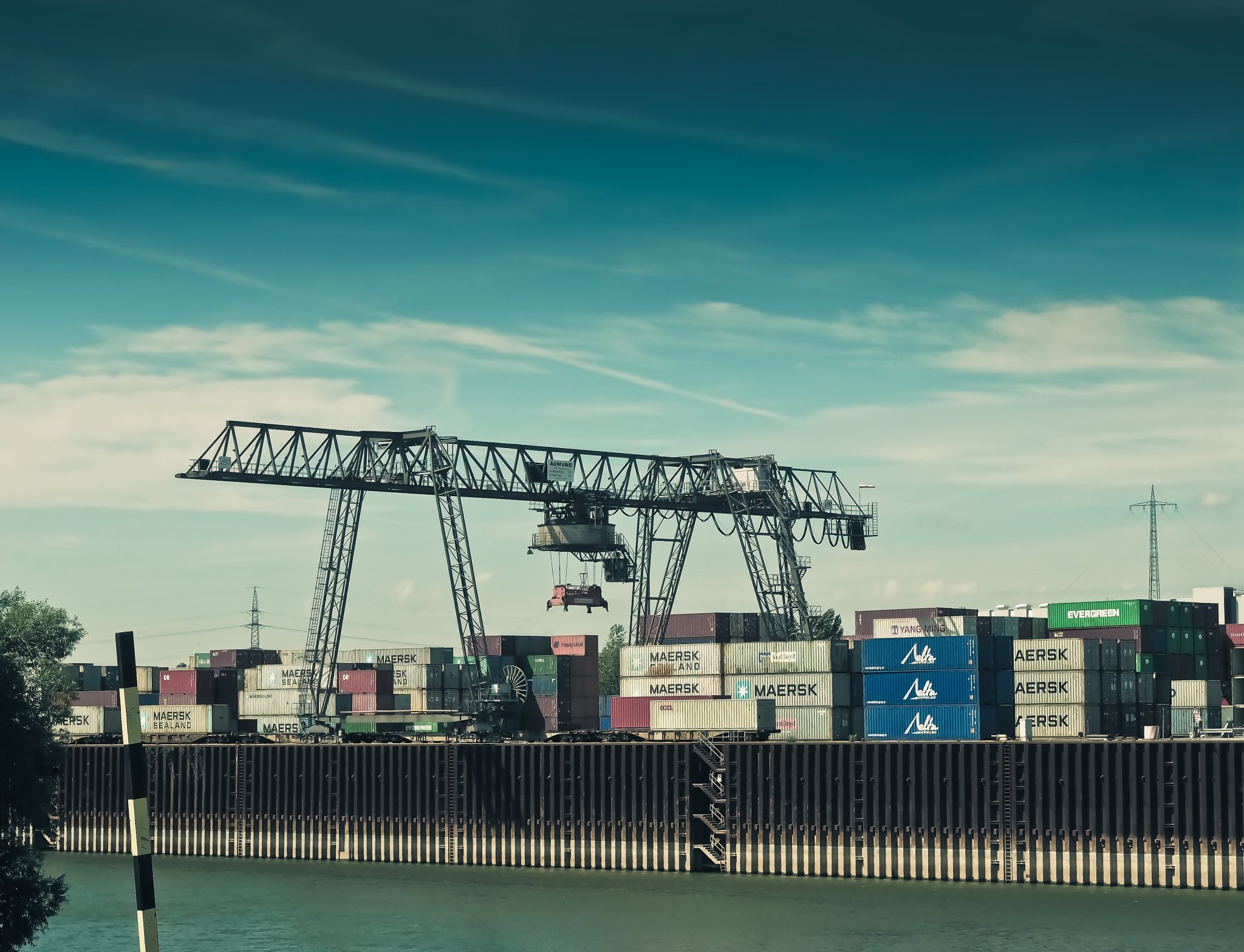The proposed Port of Wilmington expansion could have lasting impacts on our environment, economy, and way of life. Learn the facts, explore resources, and join us in advocating for a responsible path forward.
Background
The U.S. Army Corps of Engineers is evaluating a proposal to deepen and widen the Wilmington Harbor channel to allow larger ships to access the port. While economic development is important, this project, as proposed, would cause irreversible harm to our coastal ecosystems, fisheries, and communities. A coalition of environmental organizations is committed to ensuring that any project that moves forward is truly necessary, fiscally responsible, and designed to minimize environmental damage.
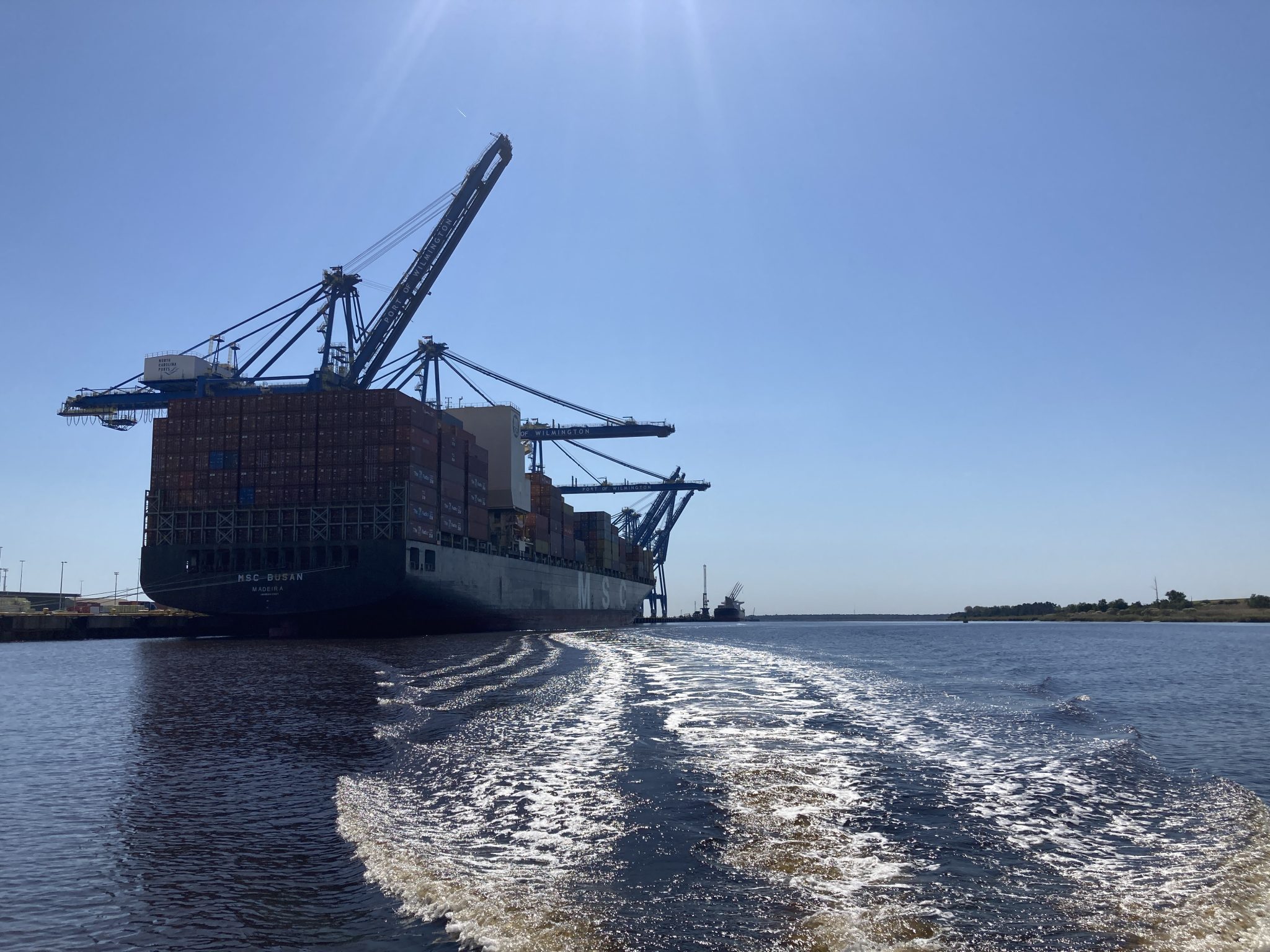
Key Questions to Frame the Issue:
- Is this project truly needed to serve North Carolina’s future shipping needs?
- Who benefits, and who bears the risks?
- How will it affect water quality, fisheries, and wildlife habitat?
- What are the costs to taxpayers and coastal communities?
- What alternatives exist that could meet shipping needs with less harm?
Learn More about the Wilmington Harbor Project Hub: Official USACE Project Page
Why We’re Concerned
- Environmental Protection: Protecting sensitive estuarine ecosystems and wildlife habitat.
- Fiscal Responsibility: Questioning whether projected benefits justify the enormous public expense.
- Community Resilience: Ensuring coastal communities aren’t placed at higher risk from flooding and erosion.
- Transparency & Public Voice: Calling for robust, accessible public involvement and independent review.
In the News
- Port plan would have ‘significant adverse impacts’: DCM – Coastal Review
- Harbor project may risk Orton, other Cape Fear historic sites| Coastal Review– Coastal Review
- The Army Corps of Engineers Wants to Dredge the Cape Fear River. Environmentalists Tally the Costs. – Inside Climate News – Inside Climate News
- Proposed Wilmington Harbor dredging raises fears for low nesting birds – WWAYTV3 – WWAY
- ‘Potential for irrevocable damage’: Wilmington Harbor 403 expansion project raises environmental concerns – WECT
- Environmentalists share deep concerns | WilmingtonBiz – Wilmington Business Journal
- Southport continues fight against harbor dredging project | News | stateportpilot.com – State Port Pilot
- Southport pushes for stronger protections in $1.3B Wilmington Harbor deepening plan | Port City Daily – Port City Daily
- Cape Fear River deepening gets tentative approval in Wilmington, NC| Star News – Star News
- Port’s Cape Fear dredge project fails taxpayers, environment | Coastal Review – Coastal Review
- Wilmington residents see no good in proposed harbor project | Coastal Review – Coastal Review
- State extends comment period for Wilmington Harbor deepening project | Port City Daily – Port City Daily
- Environmental advocates raise concerns as feds evaluates Wilmington harbor dredging project | WHQR – WHQR
Key Documents & Resources Library
- Draft Environmental Impact Statement (DEIS)
- Section 203 Feasibility Study
- U.S. Army Corps of Engineers Project Page
- Fact sheets and Resources:
- What you need to know about the proposed Wilmington Harbor Expansion
- Impacts on Communities, Economy, and Resilience
- Impacts to Fisheries & Water Quality
- The Economics of the Wilmington Harbor Expansion
- Summary Impacts of Port Deepening
- Wilmington Harbor Navigation Improvement Project Draft Environmental Impact Statement Technical Review
- Independent External Peer Review of the Wilmington Harbor Letter Report & EIS
- Southport – Resolution 12.2.25
- Southport BOA Special Meeting 12/2/25
- WHNIP Fact Sheet May 2020
- WHNIP Action Alert 2024
- WHNIP Action Alert 2023
- Sen. Peterson Letter 2020
- Rep. Butler Letter 2020
- Tree‐Ring and Sediment Analyses Reveal Processes of Bald Cypress Ghost Forest
- Cape Fear River Project Monitoring Reports
- Baseline Port Surveys for Introduced Marine Molluskan, Crustacean and Polychaete Species in the South Atlantic Bight
- Baseline Port Studies – Presentation
- The effect of channel deepening on tides and storm surge: A case study of Wilmington, NC
- Comment letters:
- DCM Consistency Objection 2.25.26
- Joint Regional Statement 2.25.26
- DCM Consistency Comments 12.19.25
- Audubon Consistency Comments 12.19.25
- SELC DEIS Comments -11.3.25
- NCCF & Audubon Extension Comments 11.17.25
- VBHI Economic DEIS Comments 11.17.25
- Audubon NC DEIS Comments – 11.3.25
- NHC Soil & Water DEIS Comments 11.3.25
- NHC DEIS Comments 11.3.25
- Orton DEIS Comments – 11.3.25
- Gullah Geechee Comments WHNIP DEIS 11.3.25
- NCCF Scoping Comments 2019
- SELC Scoping Comments 2019
- SELC Scoping Comments 2023
- SELC Scoping Comments 2024
- CPCG Comments July 2024
- Audubon NC Scoping Comments 2023
- Audubon NC Scoping Comments 2024
- Retired USACE Regulator Brayton Willis’ comments:
- PFAS Contamination of Dredged Spoils
- Secondary and Cumulative Effects to be added to the “With Project” Purpose
- Two Additional Alternatives to meet NEPA requirements
- Unaddressed Future Flooding Risks from Navigation Channel Deepening
- Understated and Underserved Section 106 Historic Preservation and Environmental Justice
- Heavy Truck Impacts on Roads and Bridges
- Rail Realignment
- USACE Webinar Recording Links:
- Hydrology Webinar Recording OCT 2023
- Hydrology Webinar Slides OCT 2023
- Early Scoping Webinar 1: Planning, NEPA, Cultural Resources, Social Effects, Economics JUNE 2024
- Early Scoping Webinar 2: Ecological Resources JUNE 2024
- Early Scoping Webinar 3: Physical Resources JUNE 2024
- Early Scoping Webinar 4: Beneficial Use of Dredged Material JUNE 2024
The decisions made about the Port of Wilmington will shape the future of our coast for generations. Together, we can ensure that economic progress does not come at the expense of our environment and communities.
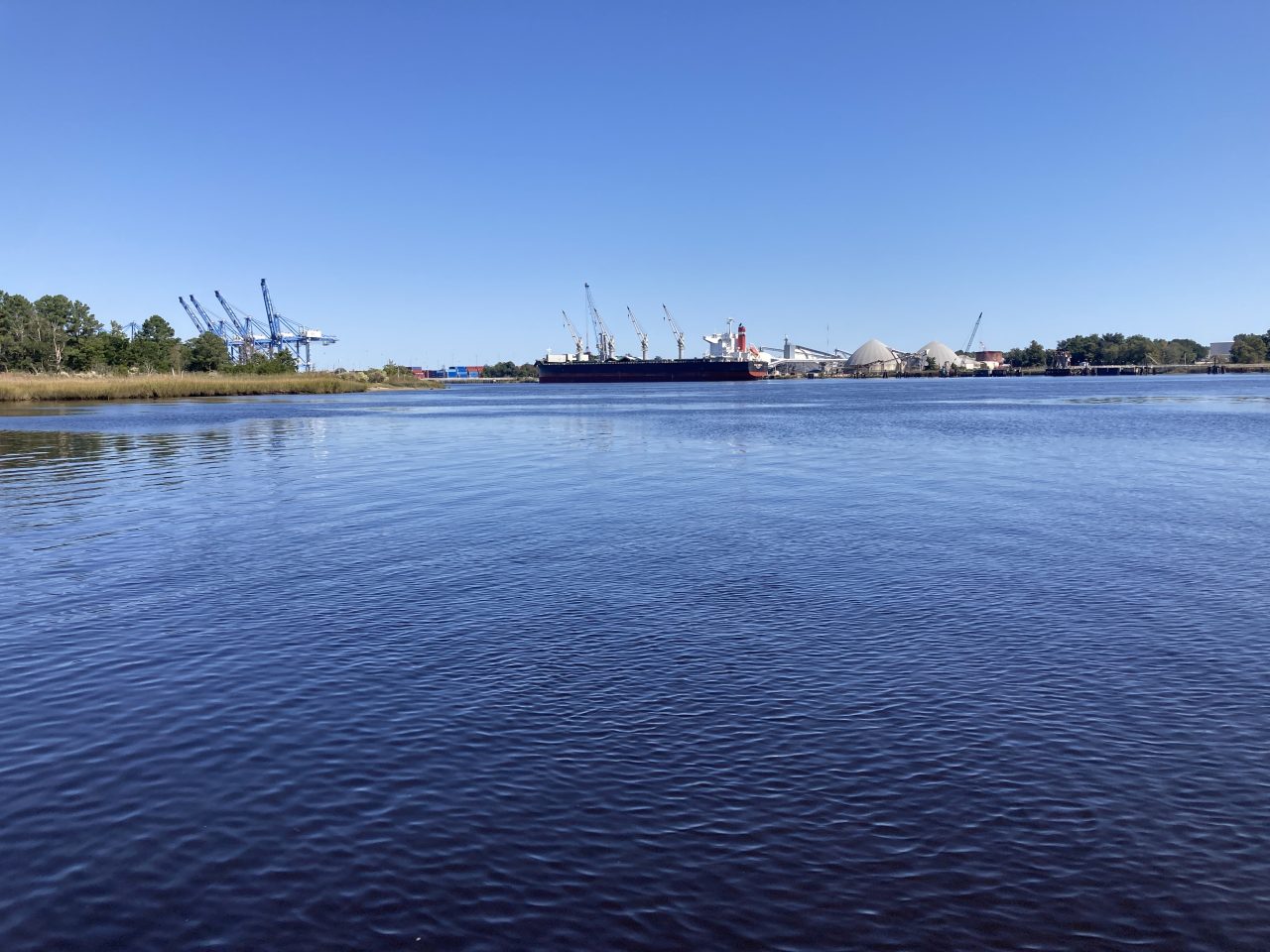
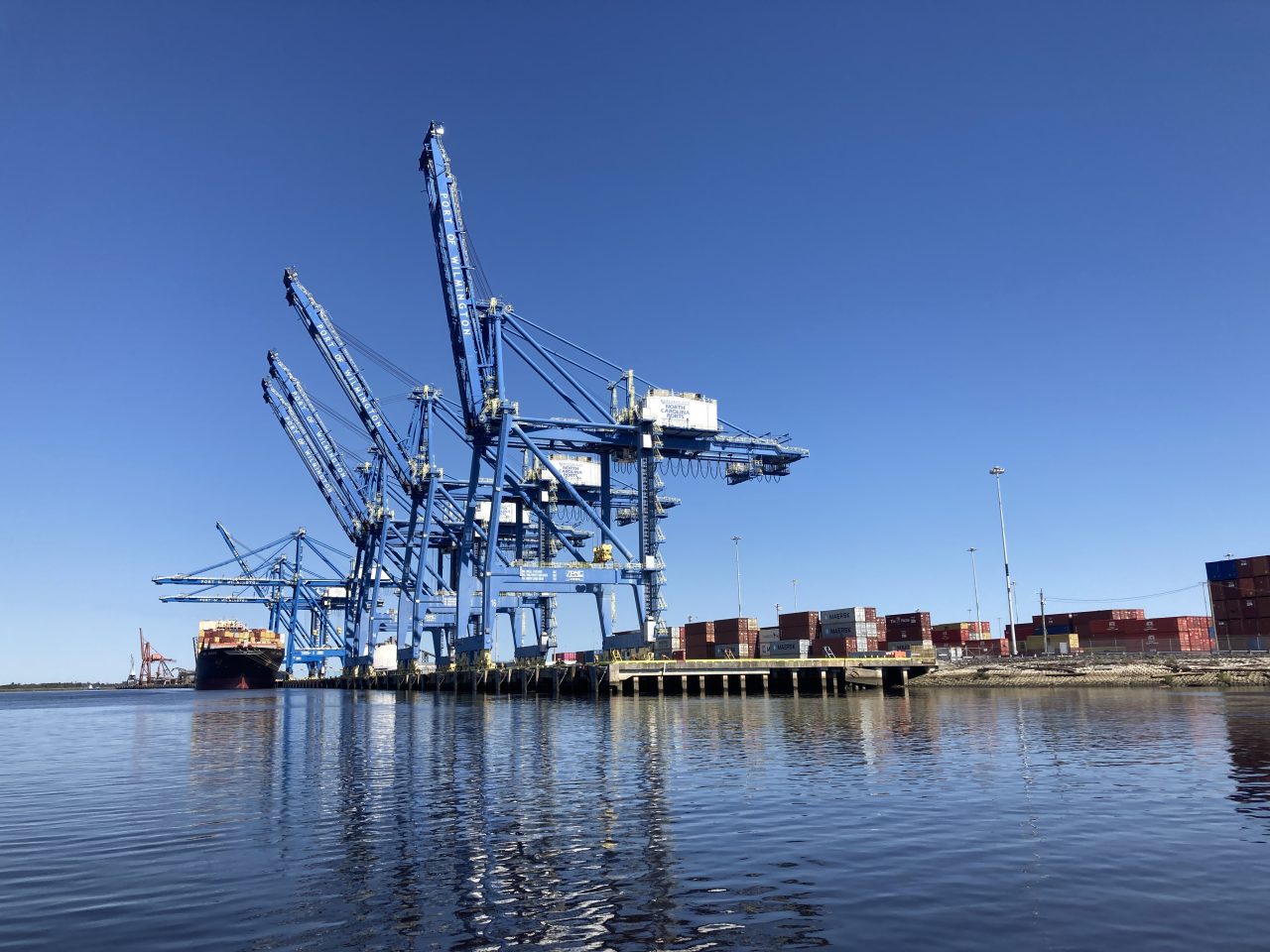
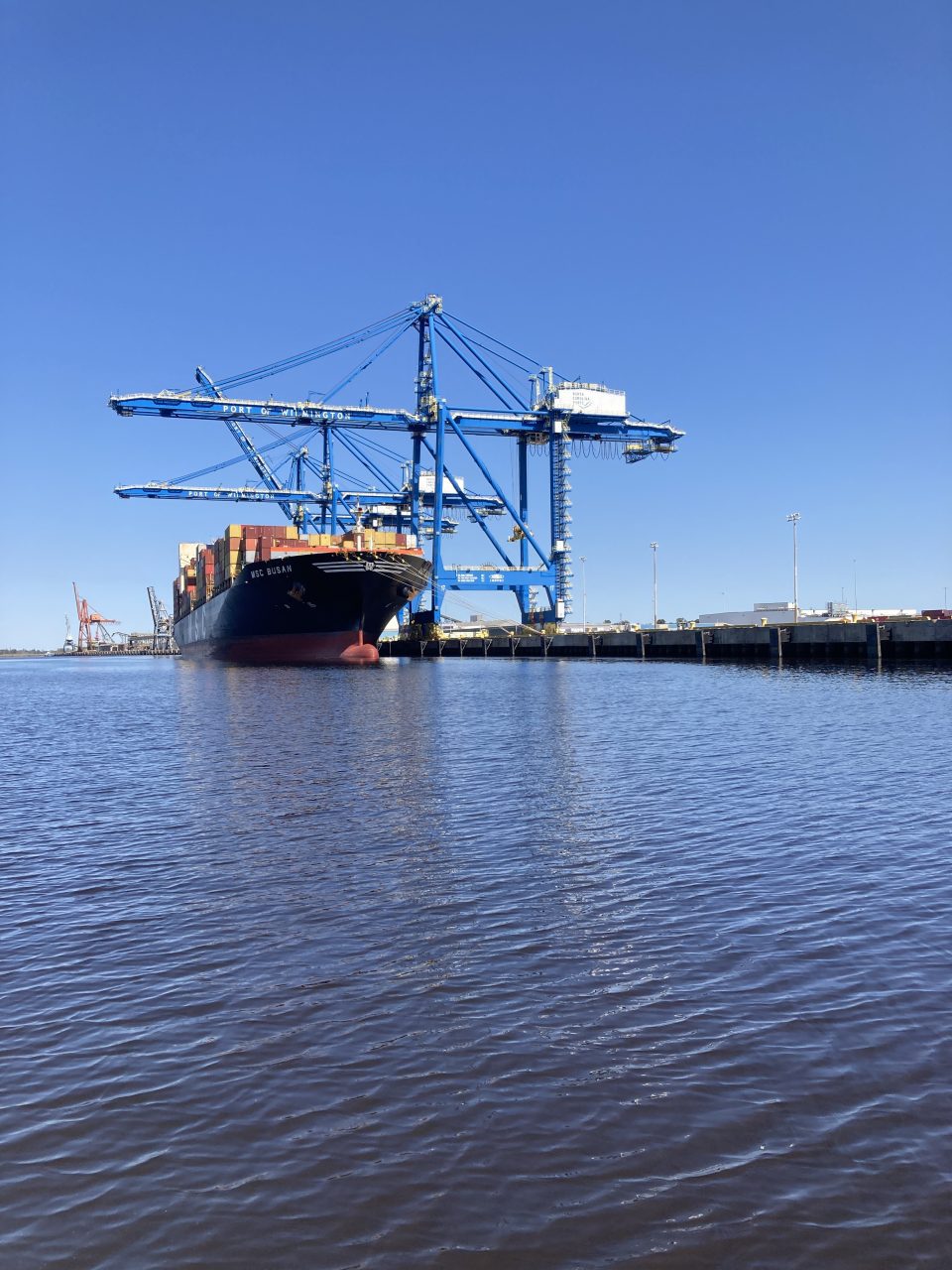
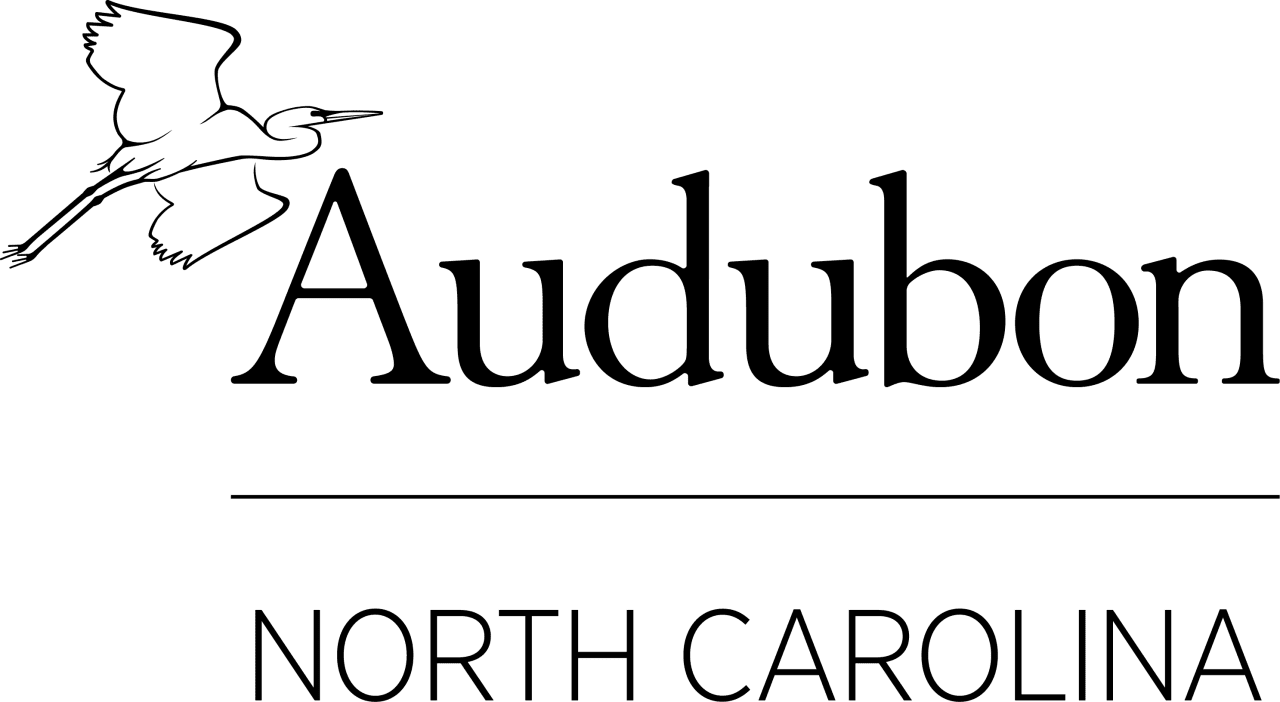

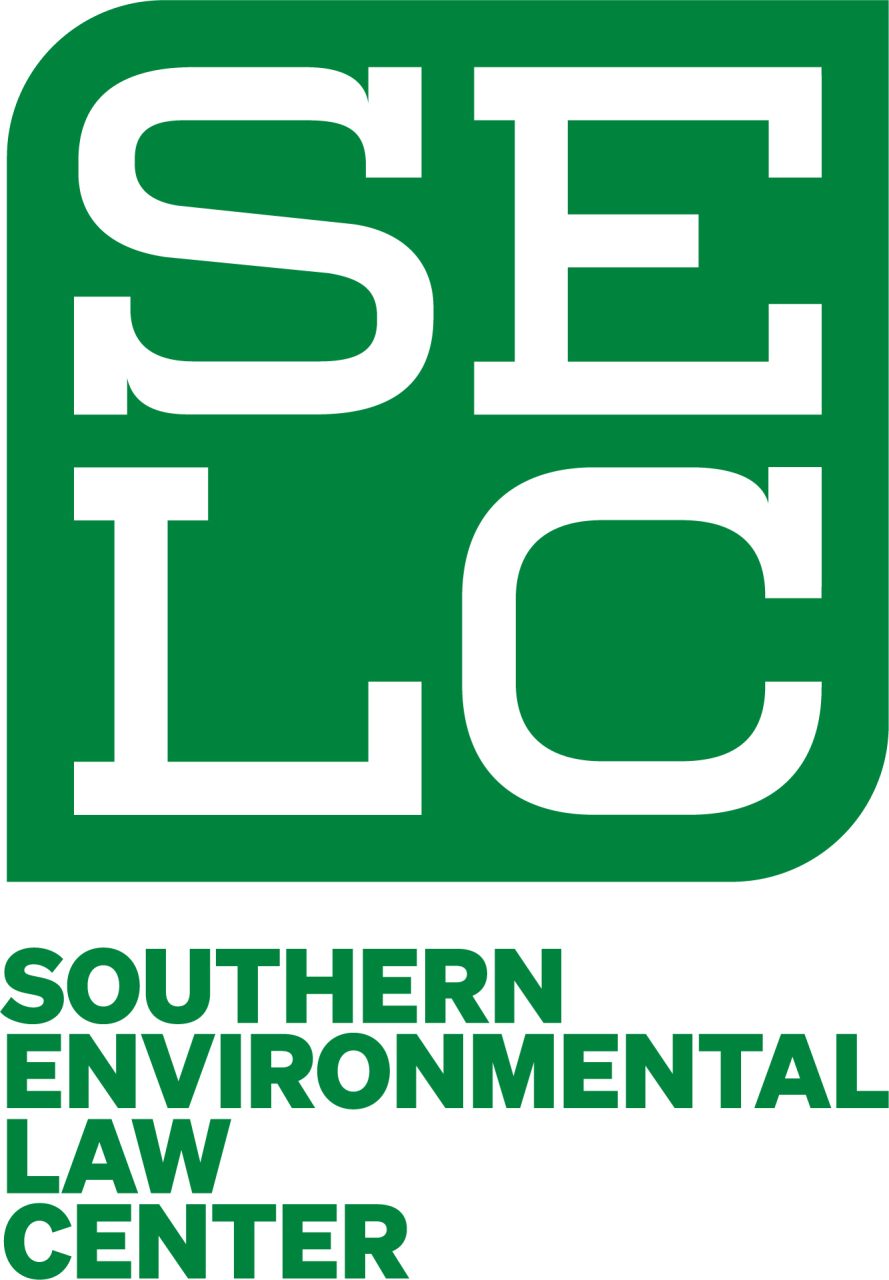

Questions? Contact coastal advocate Kerri Allen at kerria@nccoast.org or at 252-393-8185.

